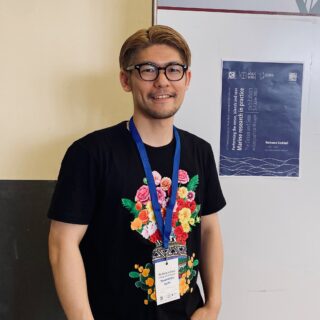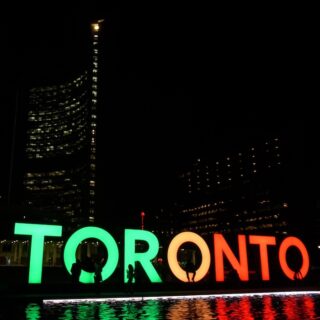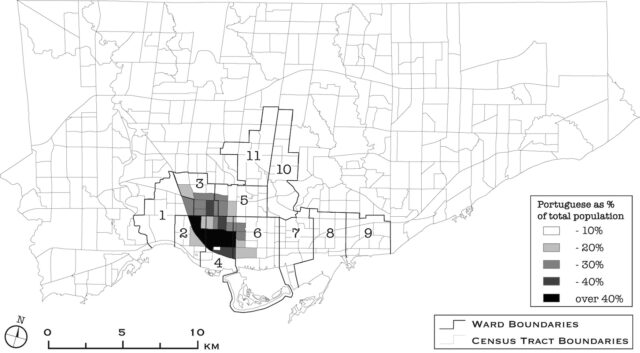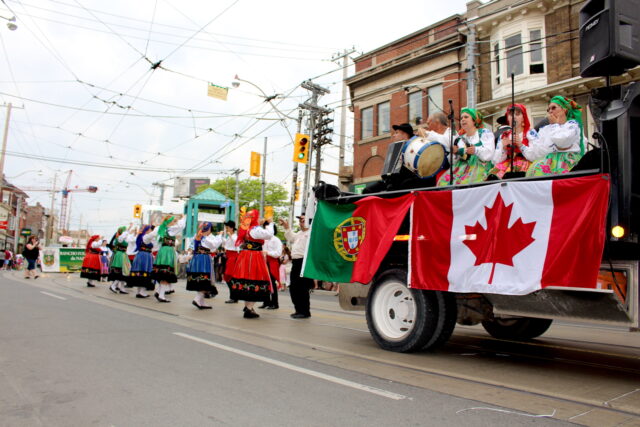Profile

- Research Subject
My research focuses on the intertwined dynamics across multiple scales—body, local, national, regional, and global—regarding the relationships between space/place and society/politics, primarily in Japan and North America. My primary research themes to date have been a series of socio-political spatial dynamics concerning: 1) international/transnational migration, 2) immigrant ethnic spaces formed in host countries, and 3) the impacts of gentrification and urban policy. Currently, in addition to these existing themes, I am also engaged in research on tourism and mobility, domestic migration, housing/home, national land policy, disasters, and material culture.
- Research Fields
- Social and Cultural Geography, Urban Studies, Island Studies, North American Studies
- Faculty - Division / Research Group / Laboratory
- Division of Human Sciences / Research Group of Regional Science / Laboratory of Regional Science
- Graduate School - Division / Department / Laboratory
- Division of Human Sciences / Department of Regional Science / Laboratory of Regional Science
- School - Course / Laboratory
- Division of Humanities and Human Sciences / Course of Human Sciences / Laboratory of Regional Science
- Contact
Email: takahashi.koki(at)let.hokudai.ac.jp
Replace “(at)” with “@” when sending email.Foreign exchange students who want to be research students (including Japanese residents) should apply for the designated period in accordance with the “Research Student Application Guidelines”. Even if you send an email directly to the staff, there is no reply.- Related Links
Lab.letters


Revealing the hidden urban contours
People’s mobility and social relations are essential components that determine urban activities and impact the urban fabric. My research focuses mainly on intranational and international migrant communities and their social relations—both internal and with the members of their host society. For example, (im)migrants and/or temporary workers living in Canada and Japan establish distinct communities while interacting with the native-born population. It would be ideal if various actors from different sociocultural backgrounds could interact and improve the city or region through their vital interactions. However, they often face harmful discrimination, exclusion, and conflict. My research covers social-geographical research issues—including the above topics—mainly through a qualitative analysis based on community-based fieldwork, while incorporating quantitative data analysis using the national census and other data. This research attempts to attend to the myriad voices outside the mainstream and reveal issues that have been hitherto ignored. It aims to highlight the actual contours of the city/region and contribute to the development of inclusive and equitable urban life environments.


Cultivating an eye to find the depths of the city,
and growing deeply in an interpersonal aspect as well
The interesting part of this human geographical research is, while repeatedly going back and forth between the office to the research field and listening to the stories of people in all different walks of life in the study area, you invariably run into one of the depths that each city or region possesses, as a kind of “heart” of that area. When you have built up these kinds of experiences, walking around in even an unfamiliar city will unveil to you a brand-new cityscape you would never see in a tourist pamphlet. During interviews, there are also opportunities to come into contact with people with different positions and ideas at the same time. Another aspect that is wonderful regarding this research is the chance to learn “diverse ways of looking at things” through executing it. Here in Hokkaido, with a background and history that differs from mainland Japan, and which is ripe for tackling in social geographical themes, I want to share with everyone the fun of deciphering cities together from an original and distinctive perspective.
Message
This research department welcomes undergraduate and graduate students, specifically challenge-seeking and ambitious international students, who are aspiring to study social geography here in Hokkaido, a colonial land within a territory now called Japan, and overturn the established ideas regarding space, place, and region with a critical, innovative, and/or heterodox approach. Let’s study social geography at Hokkaido University and work towards updating the field itself.
Why do immigrant neighborhoods spring up in specific areas within a city and go on to experience major changes thereafter? Is that redevelopment which aims to renew the local cityscape really a necessary and appropriate undertaking? Concerning spaces that are comfortable for healthy adults, what kind of spaces are they from the perspectives of children, seniors, and people with disabilities? How much do the places we call home free us, and how much do they oppress us? These are all questions asked in social geography research, and could be research themes for the undergraduates and postgraduates who study in this research department.
Social geography focuses on geographical concepts such as space, place, and region and approaches issues that arise in our society, whether visible or invisible. In order to unravel social issues centering around space and region, it is essential to analyze not only on a spatial scale close to the region in which the issue arises (e.g., the local scale), but also at multi-layered, multi-faceted geographic scales such as policy changes on the national scale and changes in political and economic conditions at the global scale.
Come decipher regions through a process of maintaining a broad perspective and utilizing your own physical efforts in fieldwork to express through text and maps a view of the intersection of space and society you have personally captured, along with your own unique ideas.


